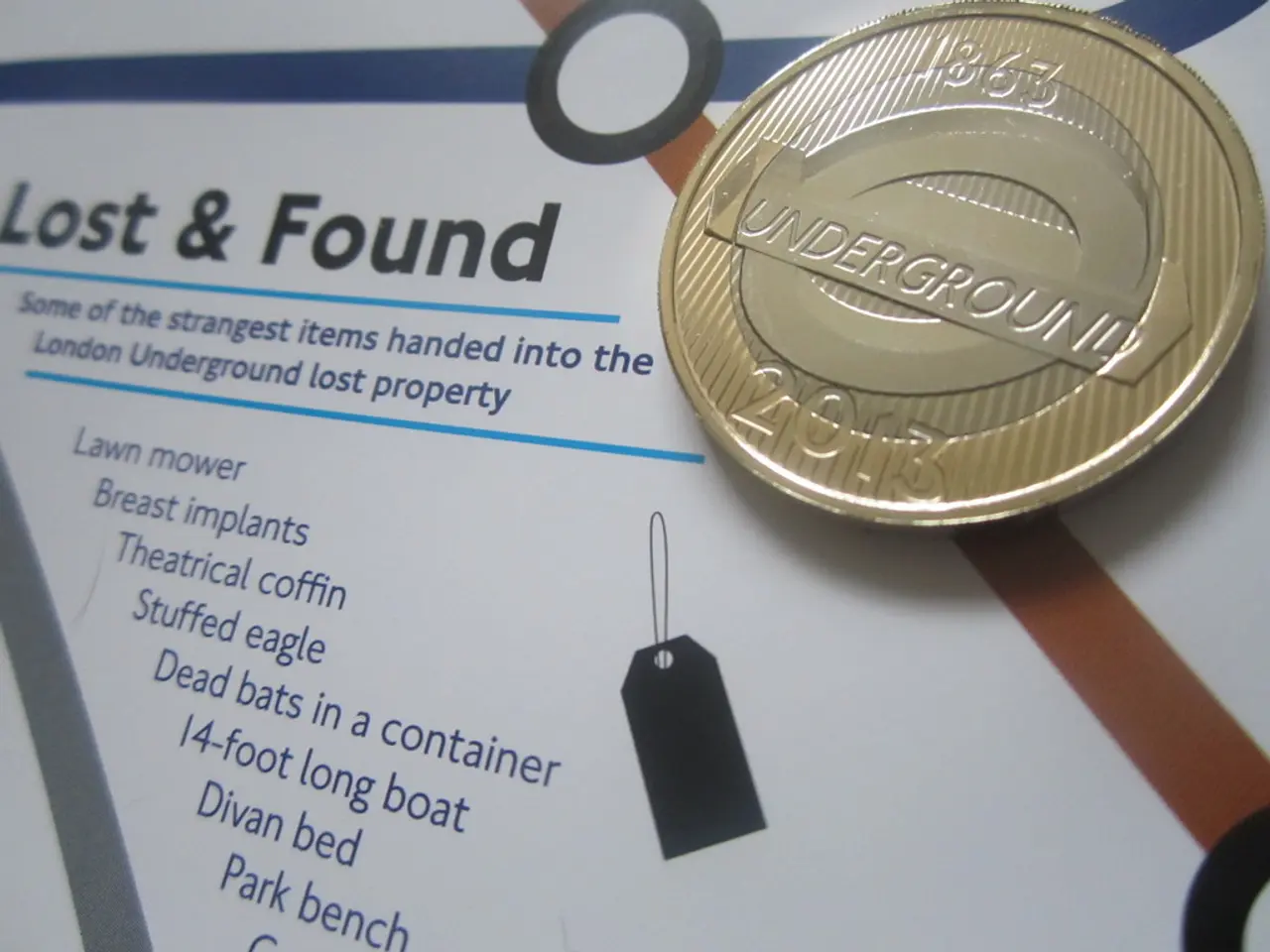Cryptocurrency Regulations in Singapore- Comprehensive Guide for 2025
================================================================
Singapore has announced significant updates to its cryptocurrency regulations, aimed at enhancing investor protection, preventing money laundering, and improving market transparency. These changes, effective from 2024 to 2025, mark a significant tightening of rules for the crypto industry in the city-state.
Licensing Requirements
Under the Financial Services and Markets Act 2022 (FSMA), all crypto firms based in Singapore and offering cross-border services must obtain a license from the Monetary Authority of Singapore (MAS) by June 30, 2025. Digital Token Service Providers (DTSPs) must comply or face severe penalties, including fines up to SGD 250,000 and prison terms up to three years.
Additionally, all Digital Payment Token (DPT) service providers, such as crypto exchanges, wallets, and payment services, must obtain either a Standard Payment Institution (SPI) or Major Payment Institution (MPI) license depending on their transaction volume.
Consumer Protection and Restrictions
From June 6, 2025, MAS imposed stricter safeguards on DPT providers. These measures include limitations on lending and staking services for retail customers to reduce risk exposure for investors.
Stablecoin Regulation
Stablecoin issuers in Singapore must be regulated under the Payment Services Act (PSA) specifically for “stablecoin issuance services.” Only stablecoins meeting MAS’s strict solvency and consumer protection standards will be classified as “MAS-regulated stablecoins,” ensuring increased financial stability and investor safeguards.
Anti-Money Laundering and Transparency (Travel Rule)
Singapore enforces the Financial Action Task Force (FATF) Travel Rule for cryptocurrency transactions exceeding SGD 1,500. Virtual Asset Service Providers (VASPs) are required to share sender and recipient information to ensure compliance with international AML standards.
These rules also tighten marketing, disclosure, and conflict of interest requirements to protect retail investors further.
Taxation
Starting late 2024, cryptocurrency profits are subject to a 30% tax rate in Singapore, which will remain in effect until 2044.
Looking Ahead
These updates reflect Singapore's commitment to maintaining a reputation as a leading global crypto hub while prioritizing market integrity and consumer protection. The regulatory landscape for DPT service providers in Singapore underwent significant changes in 2024, primarily driven by amendments to the PS Act and the introduction of stricter compliance requirements.
For more specific details about licensing types or compliance procedures, please refer to the Monetary Authority of Singapore's official guidelines.
[1] Monetary Authority of Singapore, "Guidelines on Digital Payment Token Services," Link [2] Financial Action Task Force, "Travel Rule Implementation for Virtual Assets," Link [3] Monetary Authority of Singapore, "Guidelines on Digital Payment Token (Stablecoin) Issuance Services," Link [4] Inland Revenue Authority of Singapore, "Tax on Gains from Cryptocurrency Transactions," Link [5] Monetary Authority of Singapore, "Guidelines on Payments Services," Link
- To operate in Singapore, crypto firms providing cross-border services must obtain a license from the Monetary Authority of Singapore (MAS) by June 30, 2025, as per the Financial Services and Markets Act 2022 (FSMA), with penalties including fines of up to SGD 250,000 and prison terms up to three years.
- Cryptocurrency profits in Singapore will be subject to a 30% tax rate, effective starting late 2024, as per the taxation guidelines.




